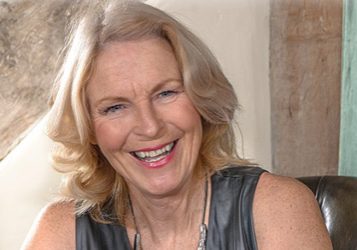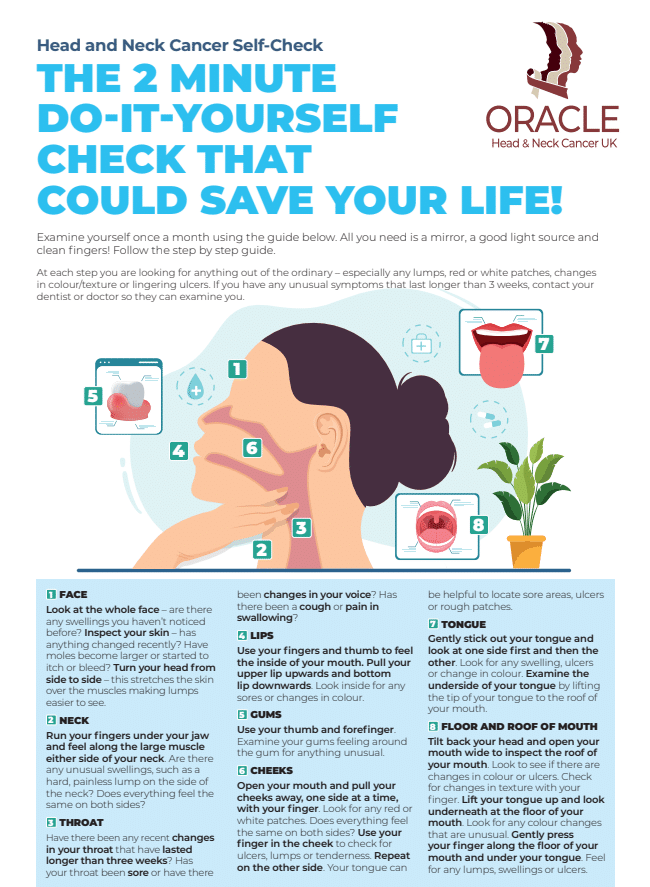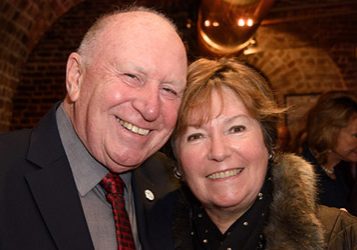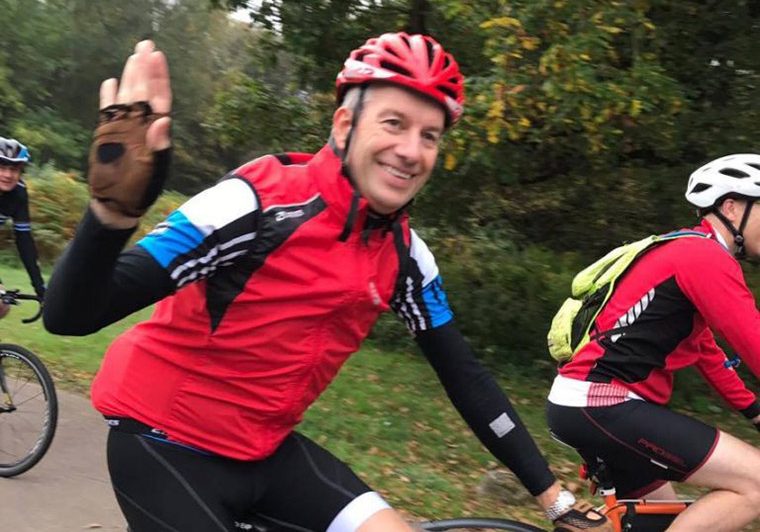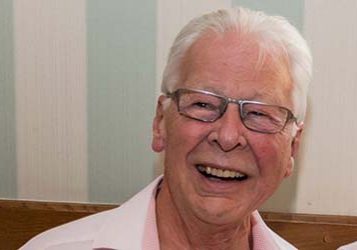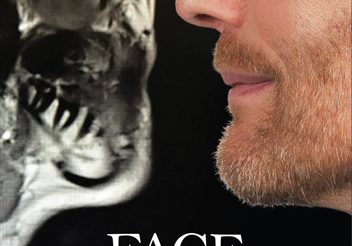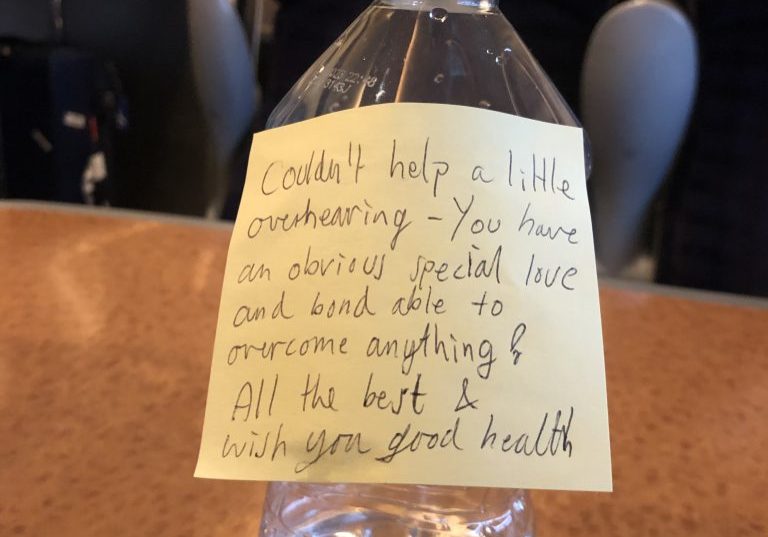Finding Light in Adversity – Dr Susan Jane Jones
Cancer hit me late in my academic career. In early 2019 I was diagnosed with tonsillar cancer, was treated with chemoradiotherapy and after fifteen months returned to work. Unfortunately, this coincided with the first Covid lockdown, which didn’t help, but really, I wasn’t ready for work – physically, mentally or emotionally. The cancer treatment and its impact had knocked the stuffing out of me; more than I knew.
Being poorly for a long time was a very new experience for me. I had never taken my good health for granted, I’d looked after myself, played lots of sport and was very active – but now I was totally dependent on my two younger sisters Angela and Norma, living from day to day, learning to deal with side effects as they emerged, and frightened for the future.
So where did I find the light?? Without doubt, the light came for me through the courage and fortitude of other people in terrible life-changing situations.
In the previous year, I had bought a book called ‘If I could tell you just one thing…’ from a bookshop in Schiphol airport. I wanted something interesting to read on the long flight to Kenya ahead of me and this looked perfect A compilation of valuable advice from remarkable people. As it happened, one of the chapters was about a young model called Katie Piper who had been raped by her ex-boyfriend and had sulfuric acid thrown in her face; it was shocking, and I never forgot it.
To say the hurt done to Katie was life-changing would be an understatement. Yet somehow this young woman fought back and grabbed her life, went through over 40 skin grafts and other surgeries to deal with the burns, and totally reclaimed her life. What’s more, she reached out to help other burns sufferers and set up a burn’s rehabilitation charity. During one particularly bad patch when I was wracked with terrible pain and terrified that it would never go away, I read this chapter about Katy over and over, and it gave me courage.
At the end of Katie’s advice in the book, she says, ‘…if for whatever reason you ever feel in despair, it is worth remembering God gives his toughest journeys to his strongest soldiers’. This was such a powerful statement that urged me on. It made me wake up to what people are capable of coping with and gave me hope. If Katie Piper can cope with all of that, then surely, I can cope with this, I said to myself.
As my cancer journey moved on, I didn’t need to look very far in my circle of friends and family for other tough cookies like Katie! Other soldiers of adversity to lead me on.
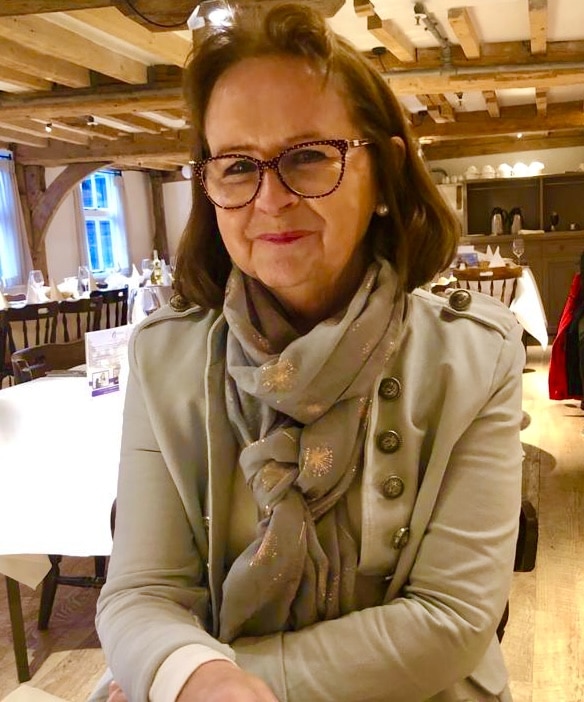
A call or a text away was always my close friend Anne, she was a wonderful help to me. Anne is an old school friend, who lives in Yorkshire with her husband and youngest son David who is now 36. Anne’s son David has a congenital mitochondrial disease which was first diagnosed when he was a baby. Anne and her husband were told initially that children born with this kind of problem don’t survive late childhood. Yet, here he is, he will be 37 shortly, is in palliative care and Anne battles on looking after her son, a devoted loving mother, facing battles every day to get David the best care. As if this wasn’t enough ill health to cope with, Anne’s husband was diagnosed with MS, multiple sclerosis, five years ago, so she also cares for him.
My friend’s life has been shaped by ill health and devotion to her youngest son and husband. The grinding complexities of David’s mitochondrial disease have affected the whole family, especially my wonderful friend. So, what of Anne, what sets her apart? Well, it’s her stubbornness, her downright pig-headedness, not to let anything or anyone get in the way of keeping her son as safe and well as he can be. Anne’s fighting spirit helped me to cope with all sorts of different situations when things didn’t quite go to plan, with appointments, treatments, medicines, and the rest of it! Having Anne to share problems with made a massive difference to me.
Two years before my health problems began, a colleague and friend Professor Peter Smith fell down a flight of stairs at home and broke his neck. I visited him with other colleagues while he was in a hospital in Middlesbrough. The break was high up in his spine, he was tetraplegic but eventually able to breathe unaided and could lift his right shoulder. After my own health problems, I lost touch with most of my work colleagues and friends including Peter, but I did know that eventually he got back home.
Then suddenly, earlier this year, Peter sent me a lovely message and shortly after I visited him. Peter’s condition hadn’t improved. But this incredible man had kept on working and was supervising PhD research in universities across the country from his bed at home. Peter had always loved music, kept a music blog for years and was doing another PhD himself in music. Despite being unable to move, he had a team of carers who helped run his life, writing for him, escorting him to music gigs all over the country and was a big part of the music scene in his hometown. Sadly, Peter passed away in late May but his legacy of researchers, music aficionados, and books is incredible. Each time I visited Peter, I left feeling like I’d gone up a big, big escalator into the light. Peter was remarkable.
Since my cancer treatment I haven’t done much travelling, mostly because I wasn’t well enough, but also because I was fearful something would go wrong when I was away from home. Again, I thought to myself, if this man in this situation can travel to music gigs, then what is stopping me travelling? Last month, I went off to Sweden on an organised painting holiday on my own and it was amazing.
In the whole, my inspiration in the light of adversity has come from people like Katie Piper, from my wonderful friend Anne and colleague Peter and others like them. All the incredibly gritty, dogged people in my life, who deal with whatever life throws at them and make the best of it.
For me, a lot has changed, I don’t work full time as a university lecturer anymore, I have what my brother-in-law Paul calls a ‘Portfolio Lifestyle’. I do lots of interesting things, with lovely people. For example, I share my experiences of being a cancer patient on medicine and nurse education programmes at the university where I used to teach and I’m involved in several PhD research projects in universities around the country exploring how the experiences of head and neck cancer patients can be improved.
My great interests are in photography, and for the past three years I’ve also been teaching photography for a local charity which is great fun! I never got back to my principal lecturing post, but despite all the illness and fallout of cancer I experienced, the ‘teacher’ in me is still there, engraved and indelible in my DNA.
I still don’t know how to say “No”, which can backfire on me sometimes when I overdo it, but intrinsically I am still the ‘me’ I was before, but without my right lingual tonsil.
Patient Stories
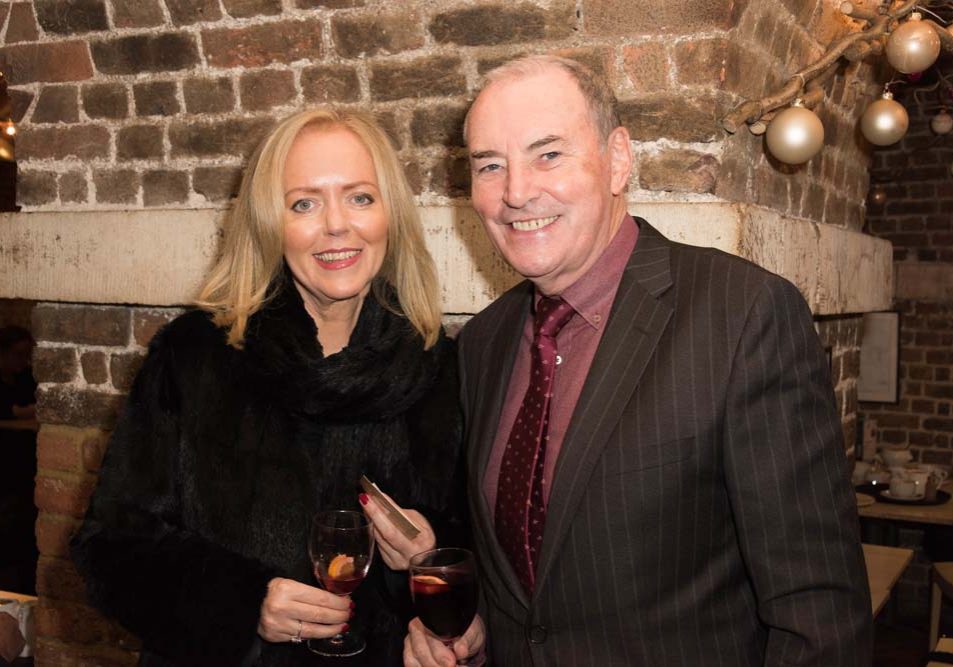
Suzie Cooke – a lesson in not taking ‘no’ for an answer
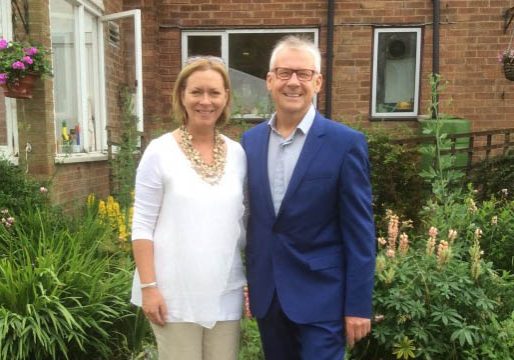
Nigel Lloyd-Jones – being told “you have cancer” is life changing
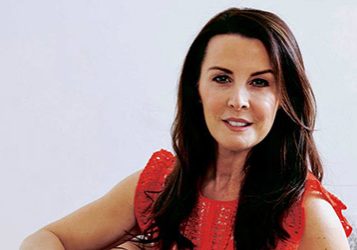
Belinda Gilfoyle – a slow recovery and learning to stay positive

Salivary Ductal Adenocarcinoma news “hit me like a train”
